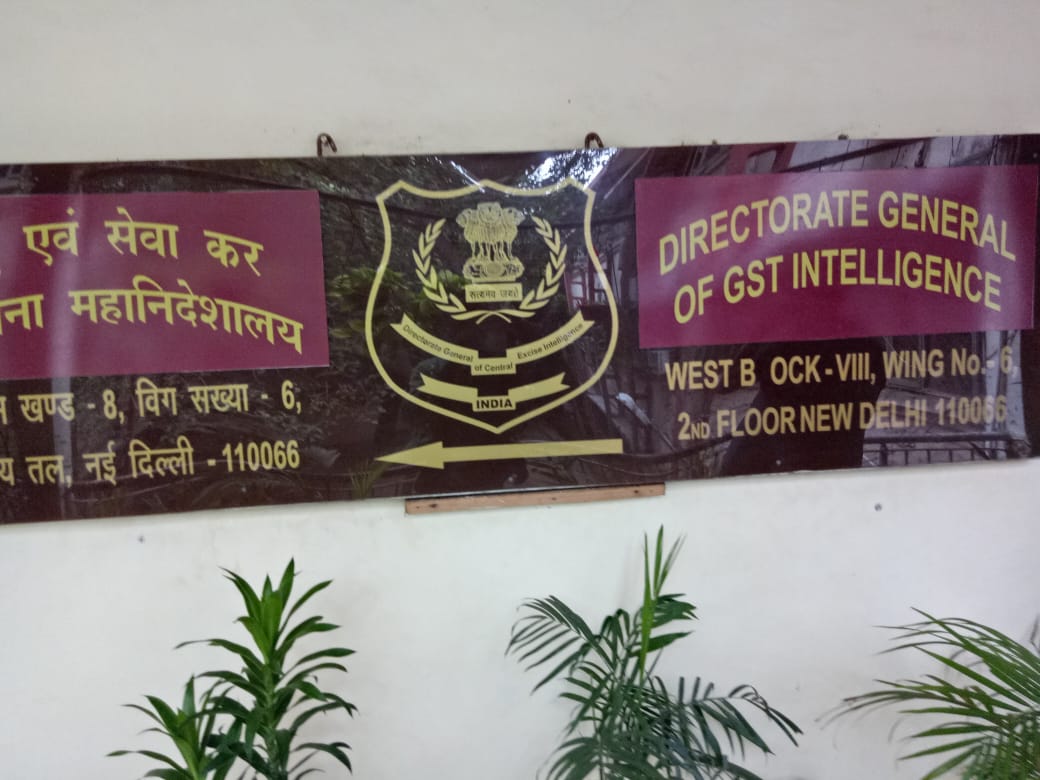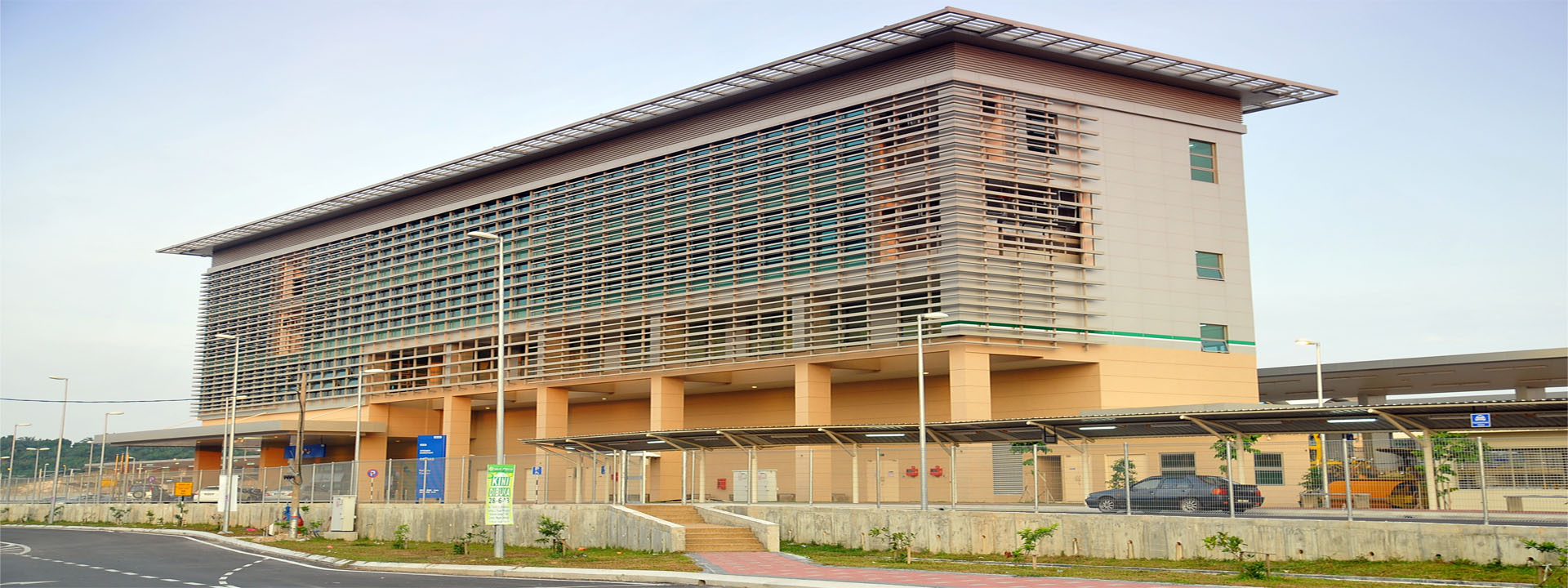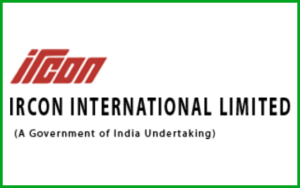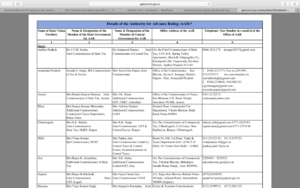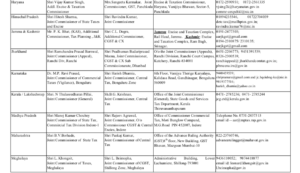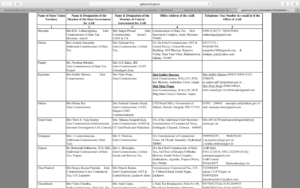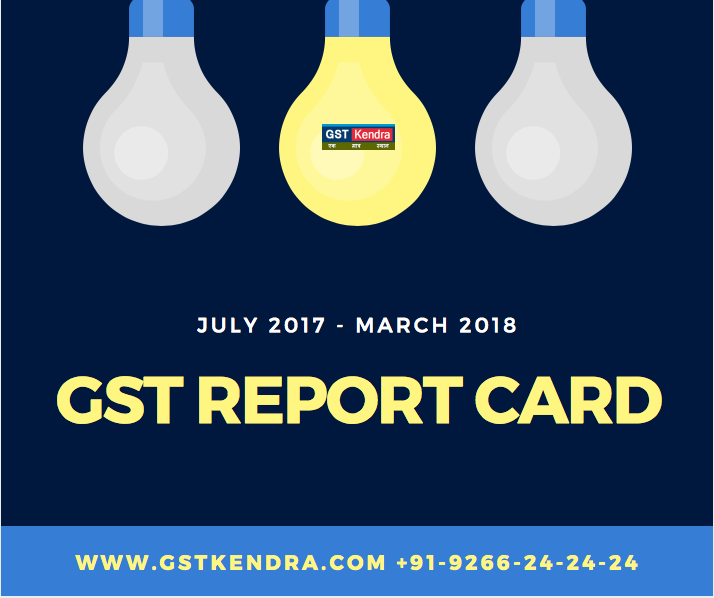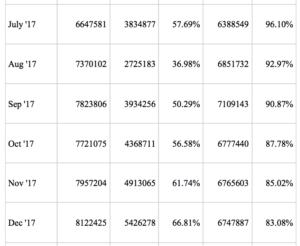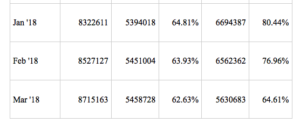Gurugram Zonal Unit of the Directorate General of GST Intelligence (DGGI) have arrested two businessmen, namely, Sh. Vikas Goel, Director of M/s Mica Industries Ltd, Delhi and Bhiwadi& M/s. Satellite Cables Pvt Ltd., Bhiwadi and Sh. Raju Singh Proprietor of M/s Galaxy Metal Products on 14.09.2018 in a case of fraudulent issuance of Input Tax Credit invoices without actual supply of goods, involving evasionof approximately Rs. 79.21 crores on the taxable value of concocted supplies of Rs. 450 crores.This quantum of evasion and the gravity of the offence is cognizable and non bailable under the CGST Act, 2017 under the provisions of sub section (5) of Section 132 (1). Thus, both of them were arrested under Section 69 (1) of the CGST Act,2017 and produced before the Hon’ble Judicial Magistrate 1st Class (JMIC), Gurugram.
Searches were conducted at several places during which various incriminating documents and evidence were found. During investigation it was revealed that these businessmen heading M/s Mica Industries Ltd. had floated two entities namely M/s. Galaxy Metal Products, Delhi and M/s. Sri Ram Industries, Delhi for issuing such fake invoices. They are involved in issuing fake bills/invoices to each other in a Circular manner without any concomitant movement of goods or payments for such transactions thereby wrongfulavailing and utilizing fake ITC. On verification of corroborated documentary evidences and statements of various persons it was established that there was no movement of goods against the invoices raised. Both the Directors of companies and both the proprietor of firms have admitted that all payments for the transactions were made by third party adjustments and which were done at the end of the year. There was no actual payment invoice wise.
Further investigations are underway and the quantum of evasion is likely to go up. Officers are not ruling out the possibility of existence of several other fake firms as the investigation moves ahead. Sh. Vinay Gupta, the other Director of M/s Mica Industries Ltd. and Sh. Vinod Kumar Aggarwal, Proprietor of M/s Sri Ram Industries, Delhi are absconding. Efforts are being made to trace them. (Source – PIB)

